
Are you finding yourself hating this moment in history because you just can’t do what you want—when you want—anymore? Restrictions, mandates, required use of face masks, and enforcement of social distancing can not only cramp our style, it can be outright annoying if not threatening and even scary. Life as we know it is not—and might not ever be—the same.
But a sudden lifestyle change to protect our health and everyone else’s does something to a society. It can change our values and make us less selfish people.
I’m probably not the only one who has learned through this pandemic that my own inconveniences are not so important in the long run.
Even though old habits die hard, these past few weeks have helped many of us realize the world doesn’t revolve around us. Here are seven selfish habits that I believe the Coronavirus outbreak may help cure:
Photo Credit: ©GettyImages/InspirationGP
1. The Habit of “Me” instead of “We”
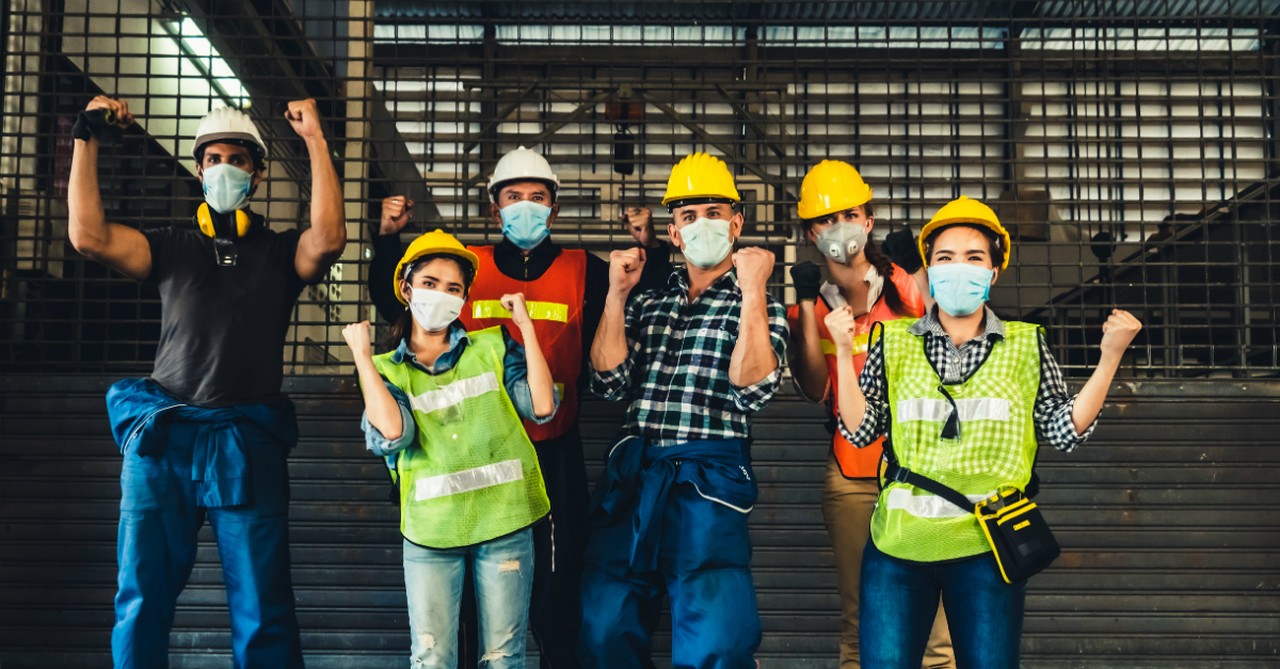
1. The Habit of “Me” instead of “We”
SLIDE 1 OF 7
I’ll admit when I first heard the coronavirus had spread to the U.S., I wasn’t concerned. I’m in good health. I’m not “technically” a senior. And I haven’t traveled overseas. I wasn’t about to wear a face mask because I didn’t think the virus was a personal threat.
Then I started realizing what others were going through—others who have autoimmune deficiencies, lupus, diabetes, cancer, or other health problems. Suddenly, it wasn’t about me anymore and whether or not I could go to the mall, or work out at my gym, or dine at my local Chick-fil-A.
It was about others who may be more vulnerable to this virus. It was about those who are dying from a disease gone rampant. Whether or not that ever impacts me isn’t the point anymore.
Realizing we can each do something (like isolating ourselves, wearing a mask in public, and maintaining a safe distance from others) to possibly help prolong another person’s life is impacting.
We really can make a difference.
Most of the time we’re selfish because we figure we can’t make much of a difference on our own, anyway. Today we can. The coronavirus pandemic is making us more aware of others and how we can help.
And that is making us a society that is less independent and more interdependent.
Photo Credit: ©GettyImages/Blue Planet Studio
2. The Habit of Nursing Our Own Wounds Rather Than Encouraging Others
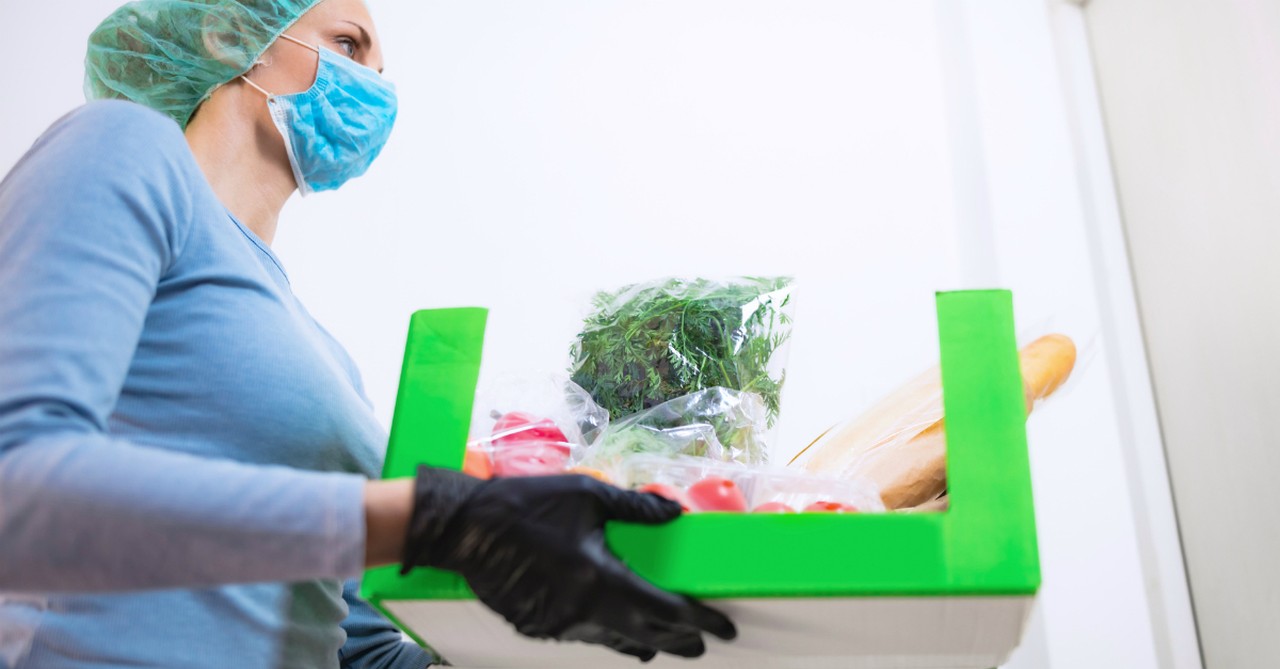
2. The Habit of Nursing Our Own Wounds Rather Than Encouraging Others
SLIDE 2 OF 7
It’s natural for us to look out for 'no. 1' and work through our own anxieties, focusing on how we need help instead of helping others. But this pandemic is teaching us to look less at ourselves and how inconvenienced we are, and begin looking after those who need our help, hope, and encouragement.
Putting up Christmas lights this past month to bring a spirit of hope and good cheer to others is a priceless surprise. (Even I used to think about electricity costs of doing such a thing and now, in an economy in crisis, even the price of electricity doesn’t compare to the price of another person’s smile and hope.)
I’m seeing more people offering to help others with groceries, prescription pickup, and meal delivery. I’m seeing countless people making masks for first responders to protect those coming in direct contact with others who are ill. I’m seeing more of a focus on “How can I help?” than “How will this affect me?” And that is making us less selfish people.
Photo Credit: ©GettyImages/m-gucci
3. The Habit of Prioritizing Productivity over People

3. The Habit of Prioritizing Productivity over People
SLIDE 3 OF 7
It used to be easy to prioritize work or a busy schedule over time with friends and even family. How many precious moments have we missed in life because we were more concerned about work and productivity than the people in our lives who should be priority?
We all need friends. And we may be learning that now, more than ever.
Not being able to go out with our friends when we want, gather with other believers for a Saturday evening or Sunday morning worship service, or even attend a wedding or memorial service has a way of slamming us into perspective. People are more important than our productivity...and whether or not we get everything crossed off of our to-do list.
Reminders on social media to call your mother and challenges to help the elderly, ill, or disadvantaged are becoming a way of life. Whereas before we lived our lives at breakneck speed and some of us didn’t have time for most social events or even friendships, this slowdown has made us less selfish and more aware of what matters most in life: Our relationship with God and our relationships with people.
Certainly, this pandemic has taught us that spending time with others is not a distraction or a waste of time. Maybe we are finally heeding Moses’ song in Psalm 90:12: “So teach us to number our days, that we may present to You a heart of wisdom” (NASB).
Photo Credit: ©GettyImages/fizkes
4. The Habit of Praying Mostly for Ourselves
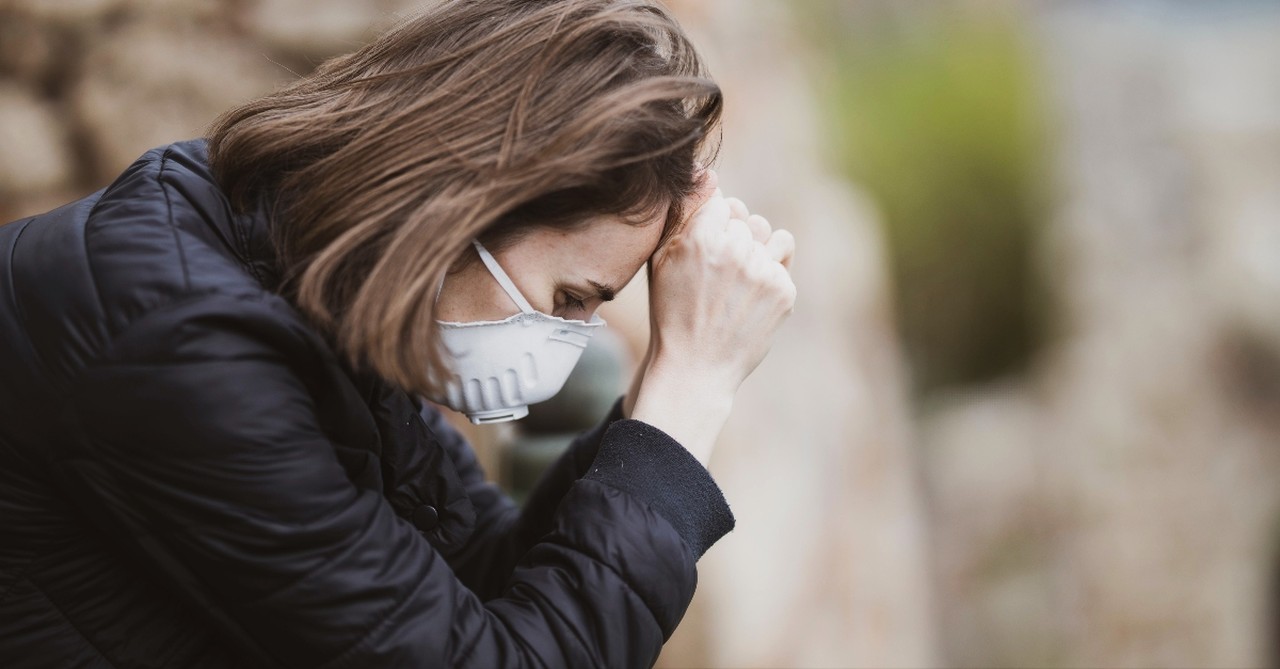
4. The Habit of Praying Mostly for Ourselves
SLIDE 4 OF 7
I’ve talked to many people recently who have told me their prayer lives are changing these days. Instead of focusing on their own needs and wants (and giving God our wish lists), they find themselves praying more for others.
Could it be that God is opening our eyes during this time to the plight of others around us? Could it be that we are finally praying daily—instead of once a year on National Day of Prayer—that God would “hear from heaven” and heal our land (2 Chronicles 7:14)?
We are told in Ephesians 6:11-12 to put on the full armor of God in order to stand against “our struggle [that] is not against flesh and blood, but against the rulers, against the authorities, against the powers of this dark world and against the spiritual forces of evil in the heavenly realms."
Now, in addition to putting on our face masks in public, we are putting on the armor of God and obeying the instructions in verse 18 to “pray in the Spirit on all occasions with all kinds of prayers and requests. With this in mind, be alert and always keep on praying for all the Lord’s people.”
Photo Credit: Unsplash/Enginakyurt
5. The Habit of Not Caring about Others’ Health
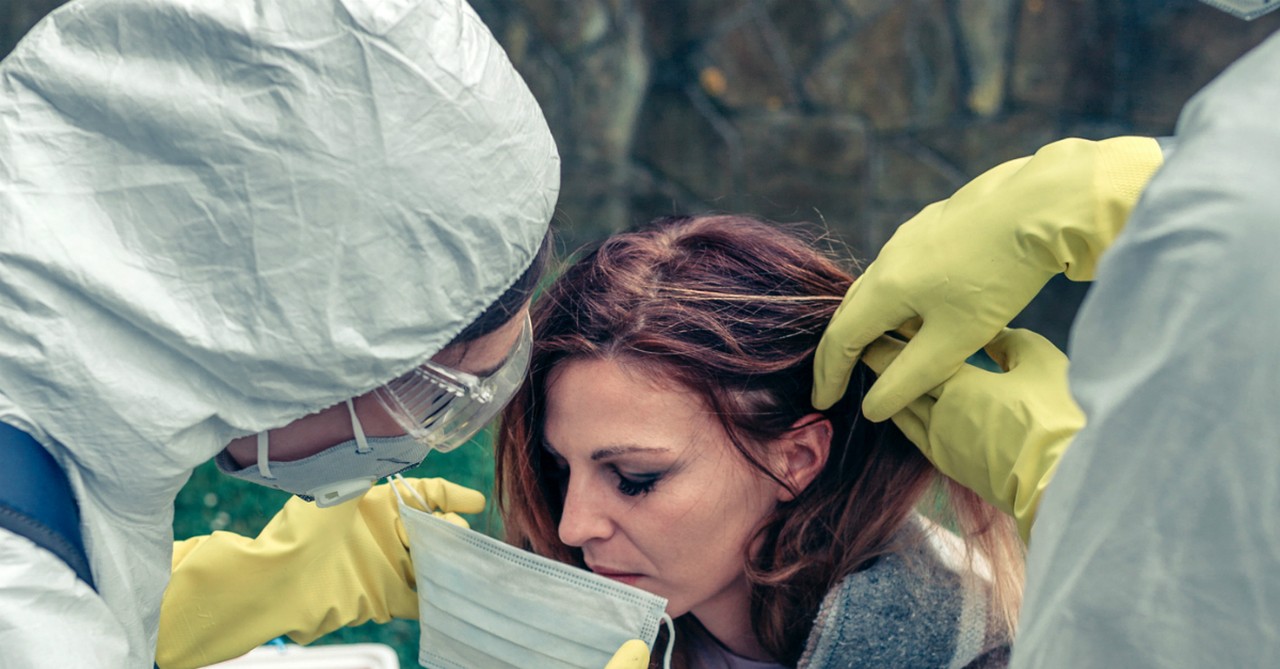
5. The Habit of Not Caring about Others’ Health
SLIDE 5 OF 7
Prior to this pandemic and accompanying quarantine, how long had we been infecting others? How often were we causing more vulnerable individuals to be hospitalized or die of the flu...when we simply went to work while sick? Or when we sent our children to school with fevers because we didn’t feel we could miss work or lose pay?
How often have we been more concerned with making money or the status of a work project than our own health or the health of others?
Clearly, now we are learning priorities, and a sense of selflessness, by becoming more aware of others around us and increasingly more sensitive toward those who are weaker and more vulnerable.
It will be interesting to see how we continue to react toward any kind of sickness when this pandemic subsides. Instead of blatant disregard for coworkers, or other students in our children’s classrooms, will we think twice before heading to work or sending our children to school when we or they are clearly not well?
I think we will be more careful in the future because the coronavirus is curing us of this selfish habit we may not have understood until now.
Photo Credit: ©GettyImages/doble-d
6. The Habit of Making it All about Money
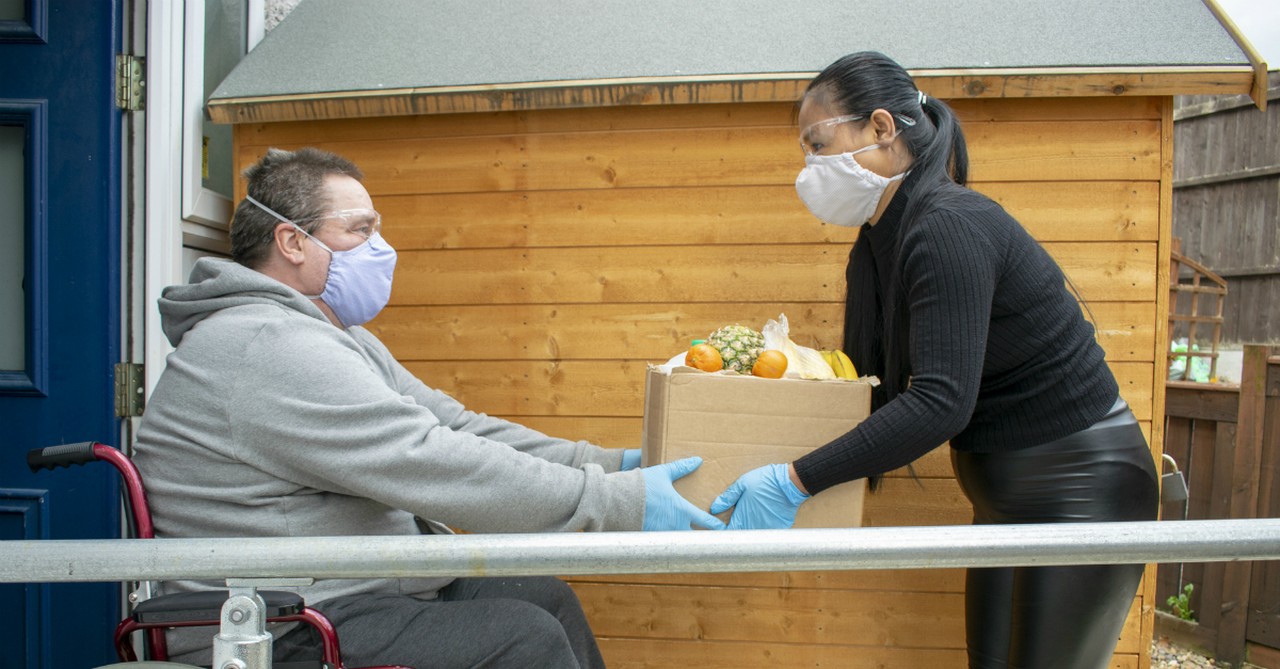
6. The Habit of Making it All about Money
SLIDE 6 OF 7
We’ve always been a materialistic society. So, when the economy takes a downturn, it hits hard. But when the number of people living in this country starts taking a downturn, as well, suddenly money isn’t all that important.
Personally, my self-employed retirement account took a $23,000-hit in one day on the stock market. But what does that account matter if my husband and I don’t even make it to retirement?
Sometimes we don’t realize how focused we are on money until the money runs out. Or, when we have the money but we are missing other things that matter more—like family, a kind word, or a tender touch.
I realized true freedom when, the day after the economy took a downturn, I upped our tithe to our local church. If I took a downturn in my savings, how much of a shortfall will others have in their monthly budgets when they lose their jobs?
Money is a gift from God so we can use it to help others. According to 2 Corinthians 9:6-11, “You will be enriched in every way to be generous in every way…” I believe this virus is helping us realize that money isn’t as important as making memories, seizing the day, and investing in the eternal.
Photo Credit: ©GettyImages/Des Green
7. The Habit of Entitlement
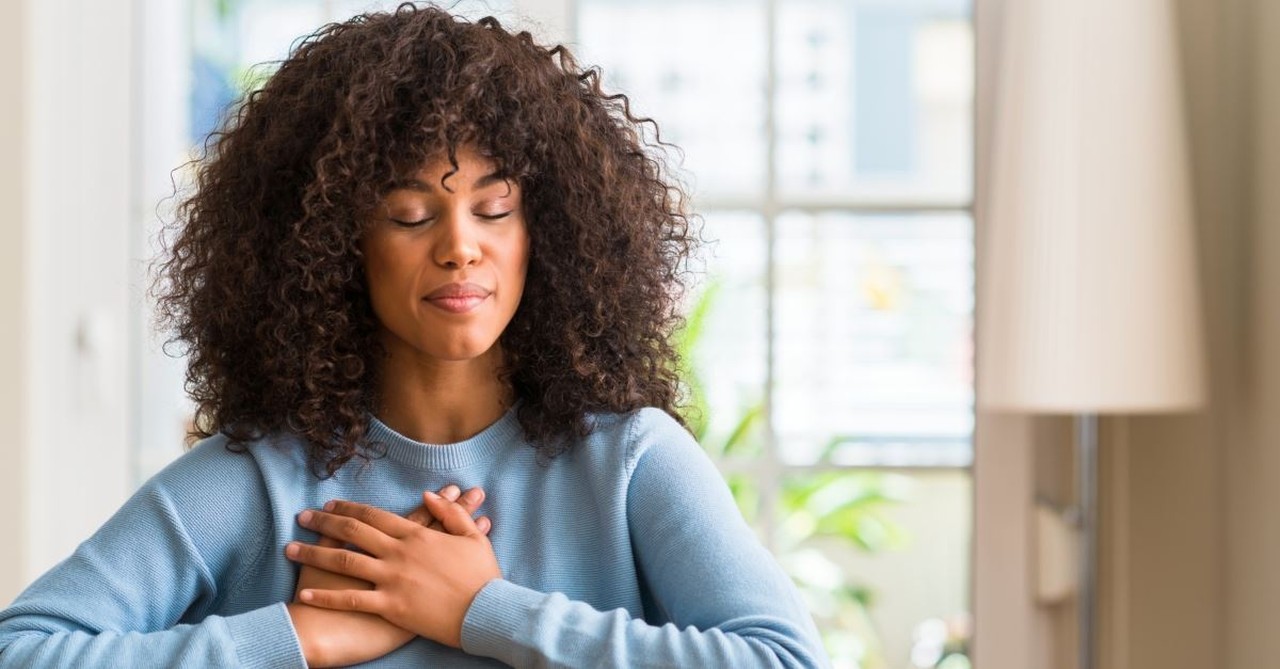
7. The Habit of Entitlement
SLIDE 7 OF 7
I think this one hit home for most of us very early on. We can’t go on that trip? I can’t eat out with friends? Can the government really tell us what to do?
We don’t like the idea of anyone controlling or mandating what we do (and if you think about this long term it’s pretty scary.)
But this is the way some people in other countries have lived their entire lives. Perhaps now we can have a better outlook on the liberties and freedoms and health we had before—and realize it is something to be grateful for, not feel entitled about.
I remember when my daughter and her friends were very young and complained about being “bored” in spite of a myriad of opportunities, entertainment, and toys around them. Yet that same child, now 27 years old, is happy putting together puzzles, connecting with friends and co-workers online.
She is appreciating having a home, two parents still working, and a government that seeks to compensate tax-paying Americans who are hurting financially right now.
What better time is there for us to stop our feelings of entitlement (and it’s not just the millennials—it’s all of us) and start being grateful for the very air we breathe (especially if it’s disease-free)?
Had we gone through this pandemic in the ‘80s we wouldn’t have known how to survive it without the internet.
If we went through it in the ‘90s we wouldn’t have been able to connect with others as we do now on social media.
And if we went through it just a decade ago, what would we have done without live streaming services and Amazon Prime? We still have convenience (and luxury) at our fingertips. Our lives today don’t even compare to what people went through during the 1918 flu epidemic that affected a quarter of the world’s population and took the lives of nearly 20 million people.
This virus outbreak is reminding us of the blessings of technology, advances in medicine and medical facilities, and breakthroughs in medical science and vaccines. Yes, this pandemic—and accompanying quarantine—just may make us a less selfish, more thankful, and far less entitled society than we’ve ever been.
Photo Credit: ©GettyImages/Aaron Amat

Originally published April 17, 2020.







